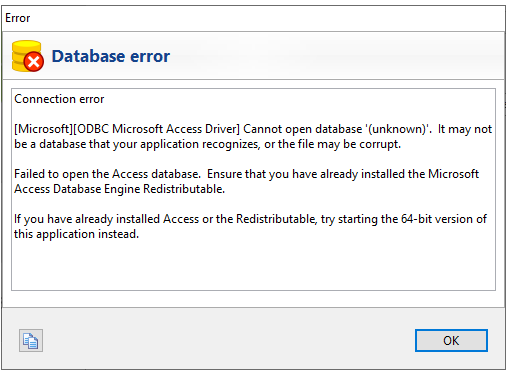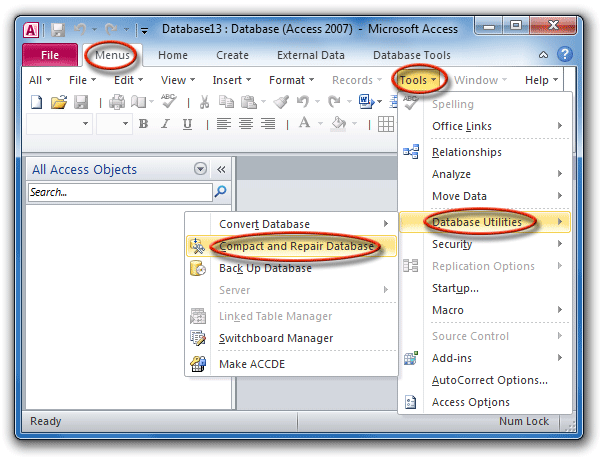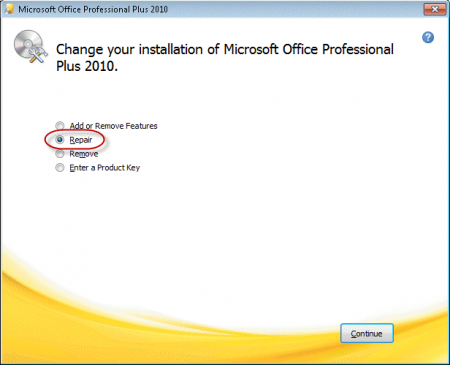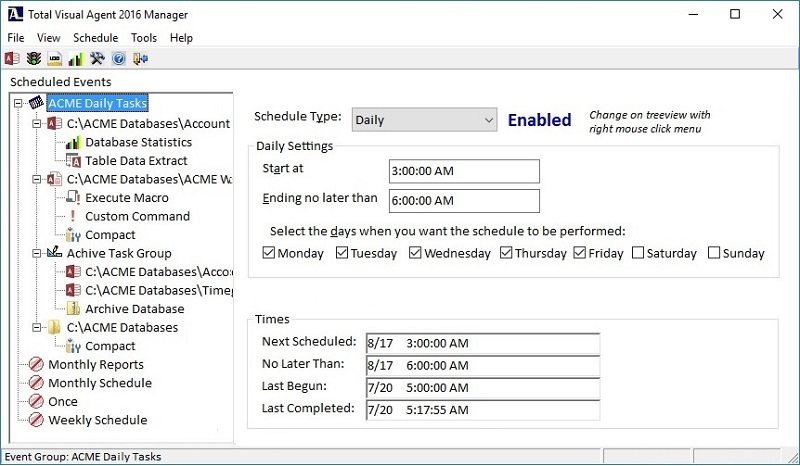

- #Rebuild microsofr database utility office for mac 2017 how to#
- #Rebuild microsofr database utility office for mac 2017 full#
- #Rebuild microsofr database utility office for mac 2017 tv#
- #Rebuild microsofr database utility office for mac 2017 windows#
To begin, click on Start and then Control Panel.Īfter the Control Panel window opens, click on Uninstall a Program.Ī list of all installed programs should now appear. This is normal, once it is fully done, click close and attempt to use a Microsoft program.

Partway through the repair process, your computer will look like the image below.This may take some time, depending on your Internet connection and your computer. You will need to close all Microsoft programs before clicking repair, this includes Skype. Select Online Repair for the best chance of fixing the issue.If you have office installed in a different language, then ending may not be exactly the same as the picture below.Select change.
#Rebuild microsofr database utility office for mac 2017 windows#
This step works for Windows Vista/7/8/8.1/10.
#Rebuild microsofr database utility office for mac 2017 how to#
It can do things like dig into the mysterious “Other” category and help you clear out what you don’t need.This document explains how to correct Microsoft Office if it is not working or crashes frequently. It’s a simple and clear way to see everything on your Mac, or any other attached storage device or drive. Power users that really want to clean out their Mac’s storage may want to check out a third party app like DaisyDisk ($9.99). These two commands will make quick work of a messy Mac desktop. This can really tidy up your desktop! IDG Just click on that icon to open the stack. Consider the Use Stacks feature to automatically stack-up files of the same type into a single icon. Right-click (two-finger tap on a trackpad) any open space and choose Clean Up to get things arranged neatly, or Clean Up By to sort them as well. If your desktop is littered with icons, you should probably tidy things up a bit. But you may have old large files and documents, or apps that no longer even work on your version of macOS, that you can safely remove. Big library files (for apps like Lightroom or Final Cut Pro) are likely to show up here, and you might not want to mess with them. There are several sections here, like Large Files and Unsupported Apps, that are worth perusing. Then, click on Documents in the left tab. You can see all your installed applications here and sort them by size, easily deleting apps you haven’t used in ages. While you’re in the Storage Management app, click on the Applications tab in the left column. Take a look at your Applications and Documents
#Rebuild microsofr database utility office for mac 2017 tv#
The Optimize Storage solution will get rid of things like old TV shows you’ve already watched and old email attachments when you’re low on storage space. In the Recommendations tab you’ll see a number of useful options, like Store in iCloud and Empty Trash Automatically. The built-in Storage Management app is the best place to start when cleaning up your Mac.

Open the Storage Management app, either by using Spotlight (Command-space) or by clicking the Apple logo in the upper left of the menu bar, choosing About This Mac, clicking the Storage tab, then Manage. Here are a few tips to make quick work of your Mac “spring cleaning.” Optimize Storage Now is as good a time as any to tidy up your Mac, freeing up storage space and probably CPU cycles and RAM in the process. With so many people working from home lately, the problem has only gotten worse.
#Rebuild microsofr database utility office for mac 2017 full#
Old applications you no longer use, data you have no use for, a desktop full of icons (only four of which you actually ever use)…you know what I mean.

Over time, your Mac probably accumulates a lot of cruft.


 0 kommentar(er)
0 kommentar(er)
